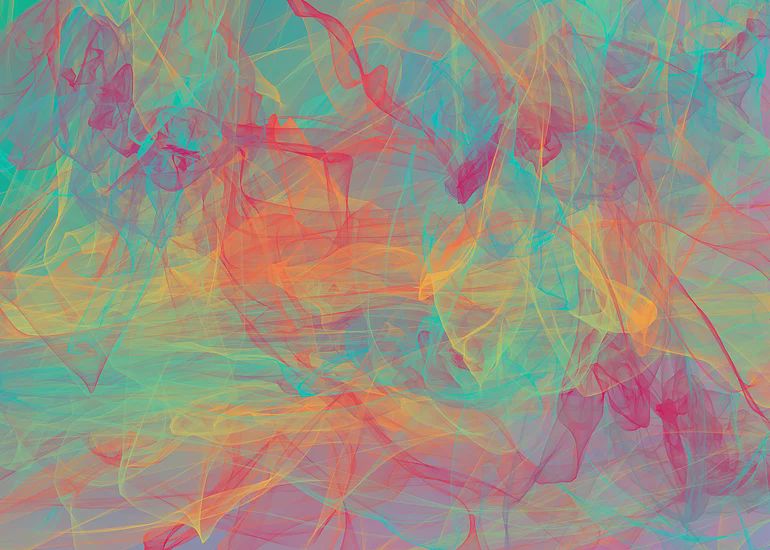Nicolò Cesa-Bianchi: “The Power of Cooperation in Networks of Learning Agents”
Nicolò Cesa-Bianchi talks about how a network of agents learns faster through cooperative information exchange.

July 19th 2022
- 14:00 – 15:00 CEST
- TU Wien, Campus Karlsplatz Boecklsaal
-
1040 Vienna, Karlsplatz 13
Stiege 1, 1. Stock, Raum AA0162 -
This is a hybrid event.
See description for details.
About the Event
This a hybrid event. More information at the website of TU Wien Informatics
Abstract
We study the power of cooperation in a network of agents that exchange information with each other to learn faster. In the talk, we show the extent to which cooperation allows to prove performance bounds that are strictly better than the known bounds for non-cooperating agents. Our results are formulated within the online learning setting and hold for various types of feedback models.
Speaker
Nicolò Cesa-Bianchi is professor of Computer Science at the University of Milan, Italy. His main research interests are the design and analysis of machine learning algorithms for statistical and online learning, multi-armed bandit problems, and graph analytics. He is co-author of the monographs “Prediction, Learning, and Games” and “Regret Analysis of Stochastic and Nonstochastic Multi-armed Bandit Problems”. He served as President of the Association for Computational Learning and co-chaired the program committees of some of the most important machine learning conferences, including NeurIPS, COLT, and ALT. He is the recipient of a Google Research Award, a Xerox Foundation Award, a Criteo Faculty Award, a Google Focused Award, and an IBM Research Award. He is ELLIS fellow and co-director of the ELLIS program on Interactive Learning and Interventional Representations. He serves on the steering committees of the Italian Laboratory on AI and Intelligent Systems, and of the Italian PhD program on AI.
This event is hosted by the Research Unit for Machine Learning of TU Wien Informatics.

